The co-chaired UK-CIC Management Team is made up of consortium leadership and workstream leads. Their role includes providing guidance and direction to the project, reviewing project progress against milestones, and reviewing and approving plans and reports. The team meet at least monthly and feed forward into the Advisory Board and full consortium meetings.
Members:
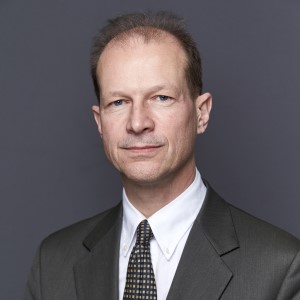
Professor Paul Moss
Co-Chair and Lead for CIC Workstream
Professor of Haematology
University of Birmingham
p.moss@bham.ac.uk
Paul Moss is Professor of Haematology and Deputy Head of the College of Medical and Dental Sciences at the University of Birmingham.
He runs a large immunology research group with a focus on human viral immunology and holds MRC Programme Grant support. His expertise relates to T cell recognition of viral epitopes and the mechanisms and management of T cell immunity and immunopathology. Previous work in HIV and herpesvirus infection described an approach to identify virus-specific T cells and utilize these for immunotherapy. He was previous Chair of the Infections and Immunity Board at the Medical Research Council and has Chaired a range of national initiatives.
Professor Moss is Principle Investigator of the UK Coronavirus Immunology Consortium (UK-CIC), our £6.5 million initiative to bringing together immunologists from 19 UK research centres to answer key questions on how the immune system interacts with SARS-CoV-2 to help us fight COVID-19 and develop better diagnostics, treatments and vaccines.
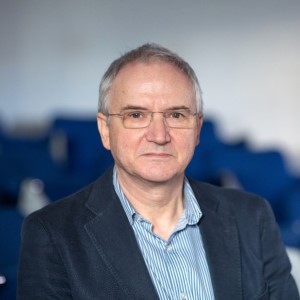 Professor Peter Openshaw
Professor Peter Openshaw
Co-Chair and Lead for ISARIC 4C workstream
Professor of Experimental Medicine
Imperial College London
p.openshaw@imperial.ac.uk
Peter Openshaw is a clinical academic studying respiratory infections. He is Vice-Chair of the UK Government committee for horizon-scanning emerging respiratory threats (NERVTAG). He trained in respiratory medicine and T cell immunology, developing new methods of characterizing T cells (especially intracellular cytokine staining). His specialist areas include in lung immunology, viral lung disease, vaccination and immunopathogenesis.
Peter directs studies of human volunteers experimentally infected with RSV and flu. He led the MOSAIC consortium on immunopathogenesis of pandemic (2009) influenza. One output of MOSAIC was development of the ISARIC WHO protocol for characterisation of new and emerging infections. Now he co-leads the ISARIC4C consortium on COVID-19 clinical characterisation and pathogenesis.
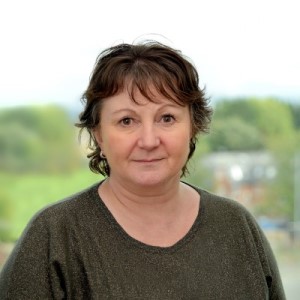 Professor Tracy Hussell
Professor Tracy Hussell
Lead: Theme 1
Director, Lydia Becker Institute of Immunology and Inflammation
University of Manchester
tracy.hussell@mancester.ac.uk
Professor Tracy Hussell is Director of the Lydia Becker Institute of Immunology and Inflammation at the University of Manchester. She is an expert on innate immunity to lung viral and bacterial infection and the adaptation of airway macrophages to the changing microenvironment of the lung. She is a Fellow of the Academy of Medical Sciences and the Royal Society of Biology.
 Professor Paul Klenerman
Professor Paul Klenerman
Lead: Theme 2
Sidney Truelove Professor of Gastroenterology, Peter Medawar Building for Pathogen Research
University of Oxford
paul.klenerman@ndm.ox.ac.uk
Professor Paul Klenerman trained in infectious diseases at Cambridge, Oxford and London, and holds the Truelove chair in gastroenterology at Oxford. He has been funded by the Wellcome through the fellowship programme for a DPhil in Oxford on HIV and postdoctoral work in Zurich with Rolf Zinkernagel on LCMV, and established a lab in Oxford to study T cell responses to viral infections such as hepatitis C, including work on vaccines. Much of the recent work in the lab has focused on new emerging innate-like T cell subsets and their role in disease. He co-leads the BRC Mucosal Immunology theme at Oxford with Fiona Powrie and currently leads the Oxford Immunology COVID-19 response team.
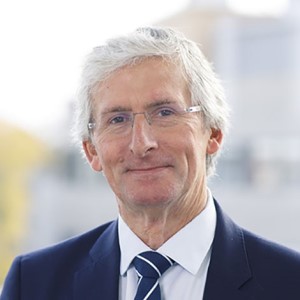 Professor Paul Kaye
Professor Paul Kaye
Lead: Theme 3
Professor of Immunology, Hull York Medical School
University of York
paul.kaye@york.ac.uk
Professor Paul Kaye is Professor of Immunology at the Hull York Medical School, University of York. He trained in zoology (BSc) and immunology (PhD) and has worked for over 30 years on the immunology and immunopathology of the neglected tropical disease leishmaniasis. He is internationally recognised for his research on macrophages and dendritic cells, and on lymphoid tissue remodelling and granulomatous inflammation during chronic infection.
Paul is a Wellcome Trust Senior Investigator and an elected Fellow of the UK Academy of Medical Sciences. He was awarded FRCPath by publication in 2004 and has published over 150 research articles and reviews. Paul has extensive links with leishmaniasis-endemic countries, with clinical research projects that span early phase vaccine trials to the application of multi-omics based molecular pathology to understand disease pathogenesis and treatment response. Paul is currently Chair of the MRC Infections and Immunity Board.
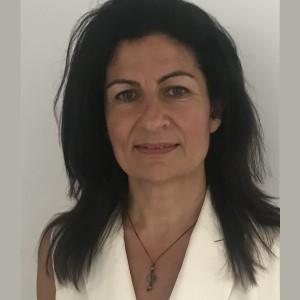
Professor Mala Maini
Lead: Theme 4
Professor of Viral Immunology and Honorary Consultant Physician
University College London
m.maini@ucl.ac.uk
Mala Maini is a Professor of Viral Immunology and Wellcome Trust Investigator in the Division of Infection and Immunity and Institute of Immunity and Transplantation at University College London and also works as a Consultant Physician in the viral hepatitis clinic. Her lab is interested in liver immunity and immunopathology, focusing primarily on T and B cell responses in viral hepatitis and other viral infections. By dissecting the immune correlates of viral persistence and pathology versus control they aim to contribute to the development of novel immunotherapeutic strategies for viral infections like hepatitis B and COVID-19.

Professor Paul Lehner
Lead: Theme 5
Professor of Immunology and Medicine
University of Cambridge
pjl30@cam.ac.uk
Paul Lehner trained in medicine and infectious diseases in London and currently holds a Wellcome Trust Principal Research Fellowship at the University of Cambridge. He uses functional genetic and proteomic technologies to study how viruses interact with, and evade recognition by, the human immune system. His group uses unbiased functional quantitative proteomic approaches to identify novel cell surface receptors manipulated by viruses to determine how viral infections (eg HIV, HCMV, Coronaviruses) manipulate the cell to enable their replication.
Complementary to this approach is the use of reporter-based genome-wide CRISPR genetic screens, to map intracellular signalling pathways. Together these technologies provide a protein and gene discovery platform to identify novel genes and pathways manipulated by viruses.
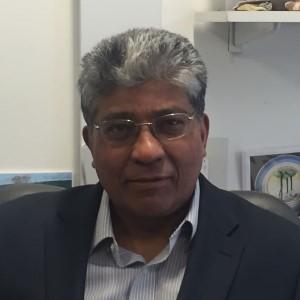
Professor Arne Akbar
Chair, UK-CIC Scientific Advisory Board
Professor of Immunology; President of the British Society for Immunology
University College London
a.akbar@ucl.ac.uk
Professor Arne Akbar has identified multiple novel mechanisms that induce immune decline during ageing. He discovered a new inhibitory protein complex in aged T cells that is regulated by sestrins, which can be blocked to enhance vaccine responsiveness in vivo. He identified defective immunity to viruses in the skin of old humans arises from excessive inflammation. This could be reversed by treatment with an anti-inflammatory p38 MAPkinase inhibitor, showing unequivocally that immune decline can be reversed in older humans in vivo. This has considerable implications for strategies to enhance immunity after severe infections and vaccination that are reduced during ageing.
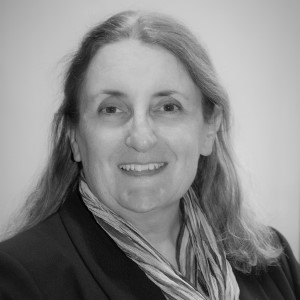 Deborah Bird
Deborah Bird
University of Birmingham
Deborah is UK-CIC’s Research Project Manager. She is responsible for the operational aspects of the Consortium, providing direct support to Professor Moss and the Theme Leads. She leads on monitoring Centre activities, collating detail and reporting on milestones and funding expenditure, and provides an administrative hub for management of meetings and other Consortium activity.
Having worked for the University of Birmingham since 2004, she has extensive experience in clinical trial management, and prior to joining UK-CIC she provided business management support to a new research institute, leading a team of professional services staff in the University’s School of Psychology.
